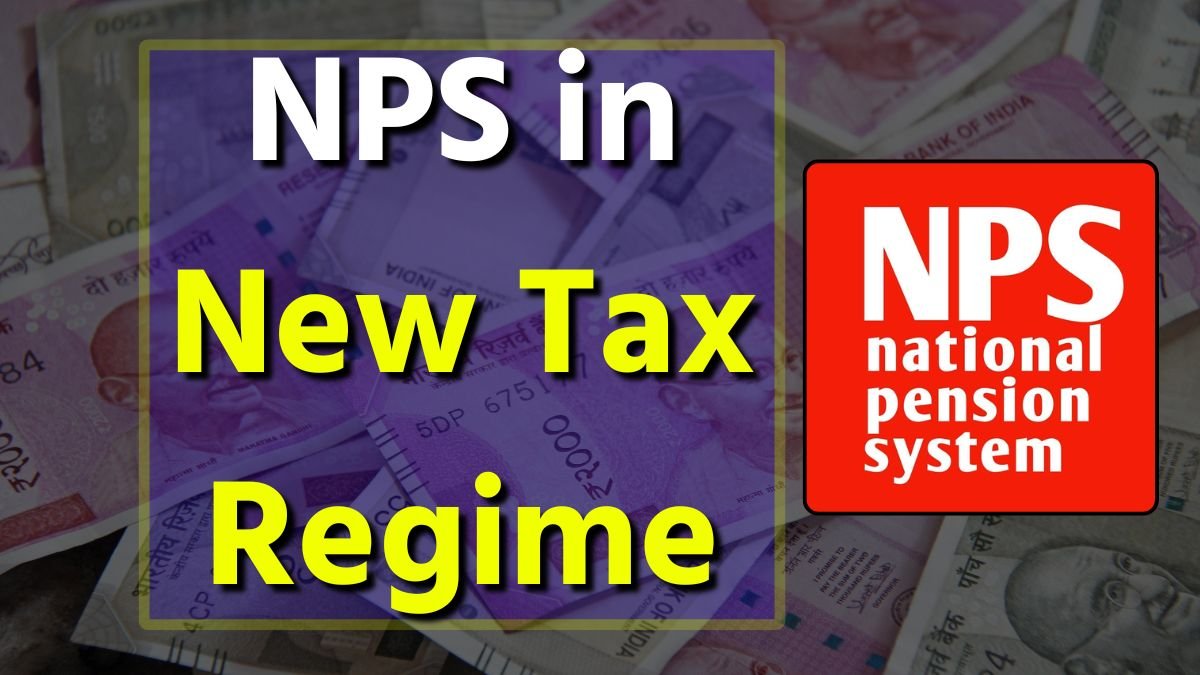NPS in New Tax Regime: If you’re a National Pension Scheme (NPS) investor and feel that there is nothing to gain with the New Tax Regime, then you are mistaken! Surprisingly, the new rules bring a hidden advantage that one might significantly use to reduce taxable income without extra investments or paperwork.
The secret trick: Activate Employer NPS Contributions
The key is to switch your NPS account to the Corporate/Employer model. With an employer contributing to an NPS, that thoughtless amount becomes tax-free under Section 80CCD(2), irrespective of the New Tax Regime.
How Much Tax Can Be Exempted?
- Government employees: Up to 14% of basic salary
- Private sector employees: Up to 10% of basic salary
This exemption is provided solely for employer contributions and remains fully applicable in the New Tax Regime.
Example: Look at the Tax Saving Scenario
Let’s assume you have a basic annual pay of INR 9.6 Lakhs, and your employer is contributing 14% to NPS :
₹9,60,000 × 14% = ₹1,34,400
This ₹1.34 lakh goes straight away as a deduction from your taxable income. So, if your income totals ₹12 lakh, taxable income reduces to ₹10.65 lakh.
Most employees do not take note of this advantage but it ranks among the best tax-saving techniques under the New Tax Regime.
Why Employer NPS is a Smart Move in the New Tax Regime
Under the Old Tax Regime, individuals availed of a further deduction of INR 50,000 under Section 80CCD(1B). However, the New Regime does not allow most deductions, thus the employer NPS contributions become valuable perks.
How to Switch to the Corporate NPS Model
- Log in to your NPS CRA account (NSDL or KfinTech).
- Select “Sector Change” and switch to “Corporate Sector.”
- Obtain your Employer’s EPS Code from HR and complete registration.
- Your account will update within 7–10 days.
Is this benefit also available under the old tax regime?
Yes, it applies under the Old Regime, but this exemption gets combined with all other deductions such as 80C, HRA, and so on. Thus, under the New Regime where most deductions are absent, employer NPS contribution becomes highly important in saving tax.


